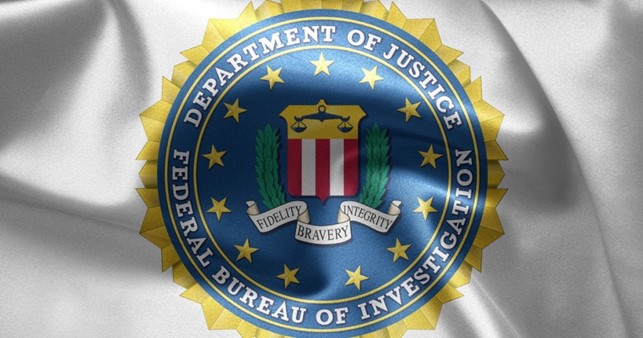United States Supreme Court, FBI v. Fazaga, 595 U.S. __ (2022), 4 March 2022

In FBI v. Fazaga, the U.S. Supreme Court ruled on allegations of unlawful government surveillance, considering whether it maybe adjudicated using procedures in the Foreign Intelligence Surveillance Act, instead of being dismissed based on state secrets privilege.
Coming to the facts of the case, the FBI had secretly recorded private conversations among the members of a mosque in Southern California, allegedly based on their religion alone. After realizing they were intercepted, Yassir Fazaga and other individuals filed suit in federal court, complaining that the FBI’s actions violated the Constitution and federal laws, such as the Foreign Intelligence Surveillance Act (FISA). The Government responded that the information it needed to defend itself from the counterpart allegations was protected from disclosure by the state secrets privilege, which allows government officials to withhold information from judicial proceedings if its disclosure would harm national security. The Government further argued that, since it could not defend itself against the plaintiffs’ claims without this secret information, the courts had to dismiss the case.
Although lower courts rejected the government’s claim, the U.S. Supreme Court reversed the appeal decision and ruled that FISA does not prevail over the state secrets privilege (which, however, in the Court’s view, only has common law, and not constitutional, foundation). The Court did not address the nature of the state secrets privilege and whether it should bar the plaintiffs’ lawsuit, remanding those questions to the Ninth Circuit Court of Appeals.
(Comment by Chiara Graziani)

